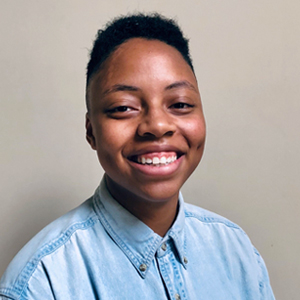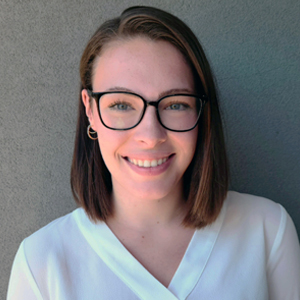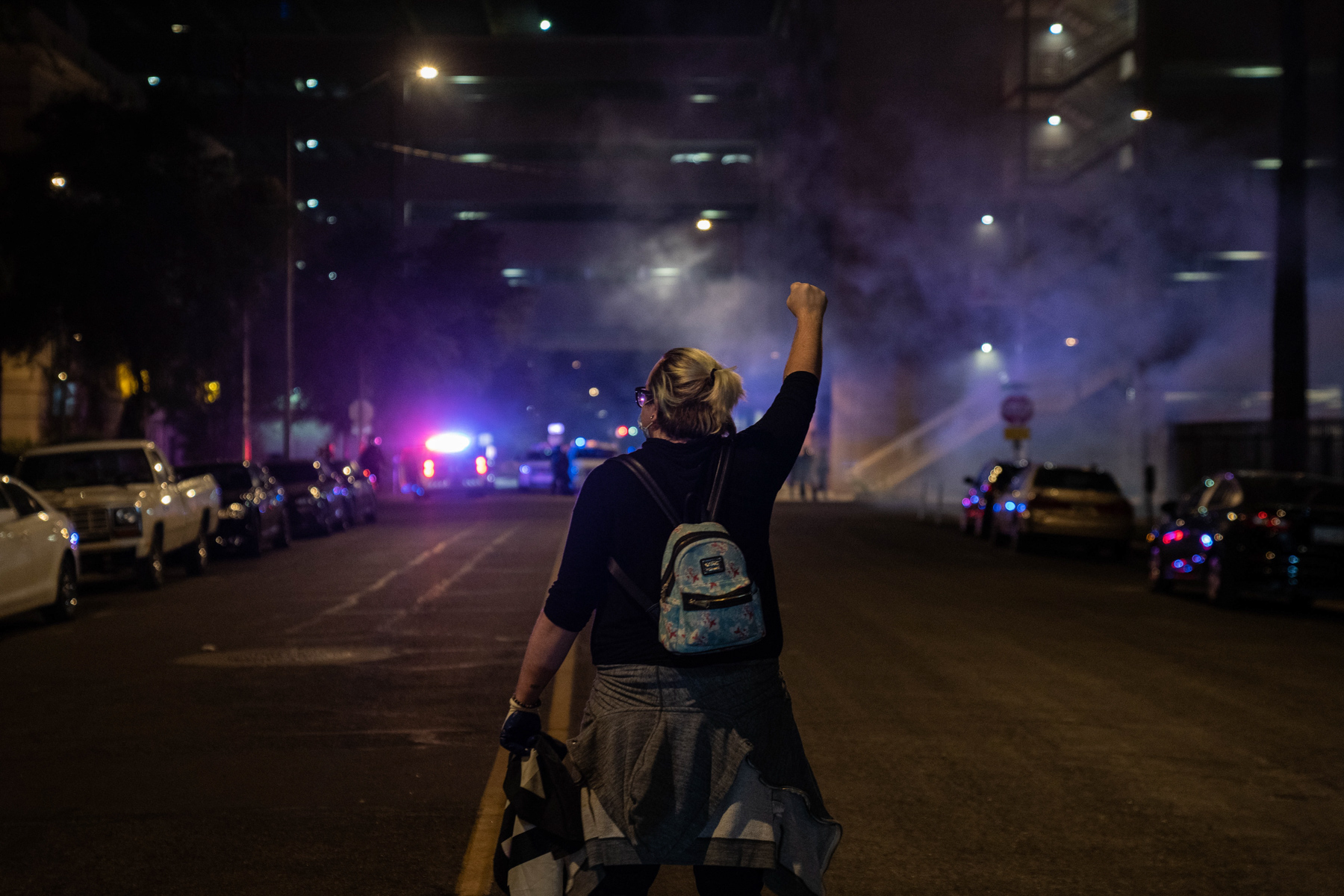Arizona State University officials late Sunday announced they have rescinded the offer to the incoming dean of the Cronkite School of Journalism and Mass Communication, just days after tweeted allegations that she had made racist comments to students at her current school.
ASU Provost Mark Searle said in a statement Sunday night that the university “will be better served by not advancing with Dr. (Sonya) Duhé” after “issues and concerns have arisen and additional information has come to light.” Searle said he will name an interim dean this week to replace Duhé, who was scheduled to start July 1.
The announcement followed a demand from multicultural student groups at the Cronkite School that Duhé be removed and an online petition calling for her ouster. About 30 Cronkite faculty members also sent a letter to ASU President Michael Crow over the weekend, urging him not to proceed with the appointment of Duhé, citing the allegations of racist behavior as well as what they called “erratic behavior and denigrating comments” in recent meetings with faculty.
It was a swift conclusion to a dispute that began Tuesday with tweeted comments by one of Duhé’s former students at Loyola University New Orleans, which sparked an ASU investigation that only began Thursday.
Since that original charge was posted on social media Tuesday, more than 20 other students have made similar complaints to campus newspapers at ASU and Loyola.
Jevaughn Williams, a junior and spokesperson for Cronkite’s chapter of the National Association of Black Journalists, cited student concerns Friday and called for a thorough investigation.
“Almost all of our students at this school are voicing that they’re uncomfortable and don’t like someone with this past coming in to ‘lead’ our school,” Williams said. “I do think Cronkite would leave a bad taste in people’s mouth if they can … just graze over these allegations, and then move forward.”
Will Sutton, a former national president of NABJ who now is a professional in residence at Loyola New Orleans, said Friday that he was “disappointed and frustrated by what’s happened in the last few days.” Sutton, who started at Loyola in September, said he would not have the job if not for Duhé.

Sonya Duhé was to become dean of the Walter Cronkite School of Journalism and Mass Communication on July 1, but ASU rescinded the offer Sunday. (Photo courtesy the Cronkite School)
“She didn’t help me get the job, she is the reason I have the job,” said Sutton, whose roles included advising Duhé on matters of diversity and inclusion in the school.
Duhé did not respond to repeated requests for comment Friday, and officials with the Cronkite School and at ASU referred questions to the university’s media relations.
Searle had said in a statement to students Thursday that the university planned to “investigate concerns” about Duhé’s treatment of current and former students at Loyola.
“Over the last 24 hours I have been made aware, along with President (Michael) Crow, of concerns about her past treatment of students, and in particular, students of color, at Loyola University in New Orleans,” Searle’s email said. “Our commitment to diversity and inclusion is unwavering at Arizona State University. We will be looking into the concerns brought to our attention.”
When asked about charges made by their students and alumni, officials at Loyola also issued a statement declaring their commitment to diversity, but otherwise declined to comment.
The investigation was prompted by claims made by Whitney Woods, a 2015 graduate of Loyola, who was angered when Duhé tweeted Tuesday, using the hashtag #BlackOutDay, in support of a Twitter event that encouraged users to pause and show solidarity in the fight against racial injustice.
The tweet, which has since been deleted, said, “For the family of George Floyd, the good police officers who keep us safe, my students, faculty and staff. Praying for peace on this #BlackOutTuesday.”
Woods, who is African American, tweeted in response that there is “no way in HELL that BLACK LIVES matter” to Duhé, who she called “one of, if not, THE most racist human” she has “ever encountered in a professional setting.”
She charged that Duhé “treated ALL of the black students” poorly and said she took part in several human relations complaints against Duhé but claimed on Twitter that they were all “THROWN OUT because ‘friends’ in high places.”
Woods tweeted that while she was a journalism student at Loyola, Duhé told her her hair was “messy, not appropriate for on-air” and that Woods “didn’t have ‘the look’ to be on the news.”
Loyola’s student-run newspaper, The Maroon, said Duhé responded to a separate racial bias investigation in 2019 by denying the charges in that case.
“Never did I tell students of African-American descent to ‘not be natural’ when dealing with their hair,” the paper quoted her as saying, adding that she said she expected “all students, male and female, taking a professional photograph to be well-groomed.”
But since Woods’ original tweet began circulating, the Maroon and the ASU newspaper, The State Press, reported similar concerns from many other students. The State Press reported Friday that it heard from 23 other current and former Loyola students who confirmed Woods’ allegations and expanded on the allegations.
Sutton, whose day job is working as a columnist and editorial writer for The Times-Picayune|The Advocate in New Orleans, said Friday he had heard some complaints about Duhé’s treatment of students.
“I had heard about hair and dress and professionalism, and as a person who spent most of my career as an editor, supervisor or manager, the reality is those things are important,” Sutton said. “And so it is appropriate to advise and counsel students about presentation.”
He said the school has done well under Duhé.
“I feel really good about the place where we have gotten to this point with Sonya’s leadership and that she’s been very supportive and I am disappointed and frustrated by what’s happened in the last few days,” Sutton said. “But that does not mean it didn’t happen. And it does not mean that it’s wrong.”
Williams said Friday people should not minimize the impact of Duhé’s comments.
“The student of color that receives these comments and is told how they’re supposed to look and to change their natural-born look to meet another standard that isn’t theirs and that isn’t of their race is very, very very damaging to a person’s mind and their mental health,” he said.
“A lot of people don’t understand that it’s a small saying or a small action, but that small action over time, repeatedly happening really can start to psychologically affect students of color.”




